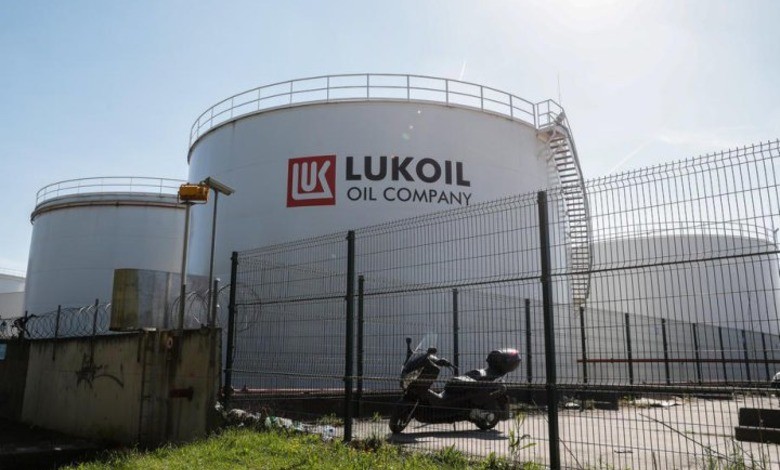Hungary reaches agreement on transit of Russian oil through Ukraine: Bloomberg

The Hungarian energy company MOL has reached an agreement that will allow continued transit of Russian oil through the territory of Ukraine. As informs Bloomberg, the deal was struck after Ukraine limited the ability of PJSC Lukoil to use its territory as a transit route due to the Russian invasion.
According to the new agreements, MOL assumed responsibility for the supply of crude oil on the Belarusian-Ukrainian border, starting on September 9. Previously, the transportation of oil to Hungary and Slovakia, across the border with Ukraine, was carried out by the Russian side.
Gabriel Szabo, Executive Vice President of MOL, noted that the new agreement provides a reliable solution for the transportation of oil through the Druzhba pipeline, which connects Russia to Hungary via Ukraine. However, the message does not specify which companies will be responsible for ensuring the supply of oil within the new conditions.
The announcement came after Ukraine effectively banned Lukoil from using its infrastructure for oil transit in response to Russia’s military aggression. Hungary and Slovakia, being landlocked countries, received temporary exemptions from EU energy sanctions against Russia. As Ukraine increased its sanctions against Lukoil, oil began to be supplied to these countries through other producers, such as Tatnafta.
Ukraine, for its part, undertook to fulfill the terms of the transit of Russian oil to Europe within the limits of the current contracts until their expiration. As the advisor of the Office of the President Mykhailo Podolyak reported, oil transit through Ukraine will continue at least until the end of 2029.
Podolyak also emphasized that Ukraine supports the European Commission’s initiatives to diversify oil supply sources for European countries, which will help reduce or completely eliminate dependence on Russian oil in the future.





